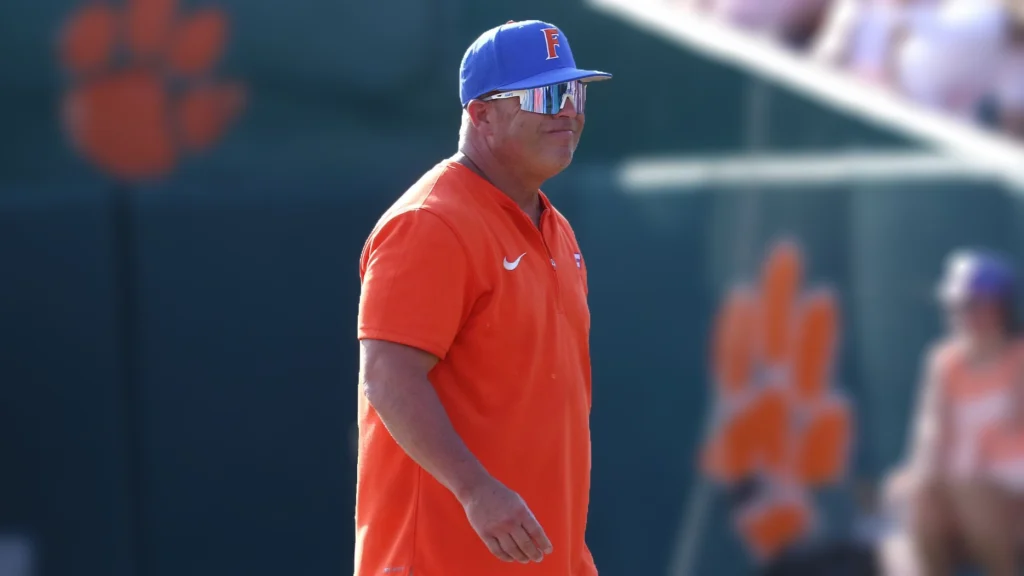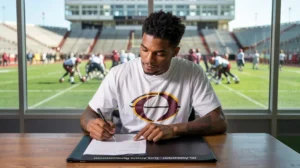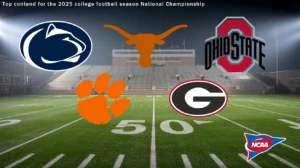
The usually composed world of NCAA college baseball found itself embroiled in controversy recently, as Coastal Carolina Chanticleers head coach Kevin Schnall launched a scathing critique against Florida Gators skipper Kevin O’Sullivan. The focal point of Schnall’s ire was an astonishing, expletive-filled tirade by O’Sullivan directed at NCAA site administrators, an outburst that cast a significant shadow over the NCAA Conway Regional. This incident, rooted in a scheduling dispute, has ignited widespread debate across the baseball landscape, underscoring the pressures and volatile emotions that can erupt within high-stakes athletic competition.
The flashpoint for O’Sullivan’s regrettable outburst was a seemingly minor adjustment to the regional schedule. The Gators’ crucial elimination game against East Carolina was unexpectedly pushed back an hour. This delay, as explained by tournament officials, was a direct consequence of a preceding game on Saturday that stretched well into the late hours, nearing midnight. The rationale behind the postponement was to afford the East Carolina Pirates a much-needed and fair period of rest, a decision that, while seemingly innocuous, triggered an unforeseen and highly public explosion of frustration from the decorated Florida coach.
Coach Schnall, whose Coastal Carolina squad was the proud host of the regional, did not mince words in his condemnation of O’Sullivan’s conduct. He vehemently labeled O’Sullivan a “bully” and “disrespectful,” particularly in his treatment of the Coastal Carolina associate athletic director, dedicated field crew, and the professional NCAA site representatives. Schnall underscored the profound disappointment and unacceptability of such behavior, emphasizing that a coach of O’Sullivan’s stature—a national champion and an admired figure in the sport—should uphold a higher standard of professionalism and decorum. His remarks resonated deeply within the college baseball community, highlighting a collective expectation for sportsmanship, even in the most intense competitive environments.
Initially, O’Sullivan chose to remain tight-lipped regarding the incident, offering a terse statement that he had “handled it properly.” However, the gravity of the situation and mounting public scrutiny soon necessitated a more comprehensive response. Following a critical meeting with Florida athletic director Scott Stricklin, O’Sullivan released a formal statement, publicly apologizing for his actions. In his apology, he candidly admitted that he had “let his emotions get the best of me” and acknowledged that his conduct did not appropriately represent the esteemed University of Florida. Stricklin, in turn, also issued an apology, reinforcing the university’s stance that O’Sullivan’s actions “fell well short” of the institution’s stringent expectations for its athletic personnel.
The unfortunate confrontation was not confined to verbal accounts; video footage of the contentious exchange rapidly permeated social media platforms, providing undeniable visual evidence of O’Sullivan’s agitated demeanor and profanity-laced expressions of frustration. Further reports emerged, detailing an additional verbal altercation between O’Sullivan and East Carolina players. One particular player, Parker Byrd, openly recounted a profane exchange with the Gators coach, further intensifying the scrutiny on O’Sullivan’s conduct throughout the regional. These firsthand accounts and digital evidence underscored the severity of the incident and its ripple effect beyond the immediate administrative dispute.
In a poignant turn of events that underscored the inherent unpredictability of sports, the Florida Gators ultimately succumbed to East Carolina in the elimination game, thus prematurely ending their season in the regional. Meanwhile, the resilient Coastal Carolina Chanticleers, undeterred by the off-field drama, valiantly triumphed in the regional, securing their coveted berth in the Super Regionals. This outcome served as a stark reminder that while emotions can run high and controversies can erupt, the ultimate narrative of athletic competition is often written on the field, where performance and perseverance dictate the final chapter. The O’Sullivan incident remains a significant talking point, prompting reflection on sportsmanship, accountability, and the pressures faced by coaches at the pinnacle of college athletics.

